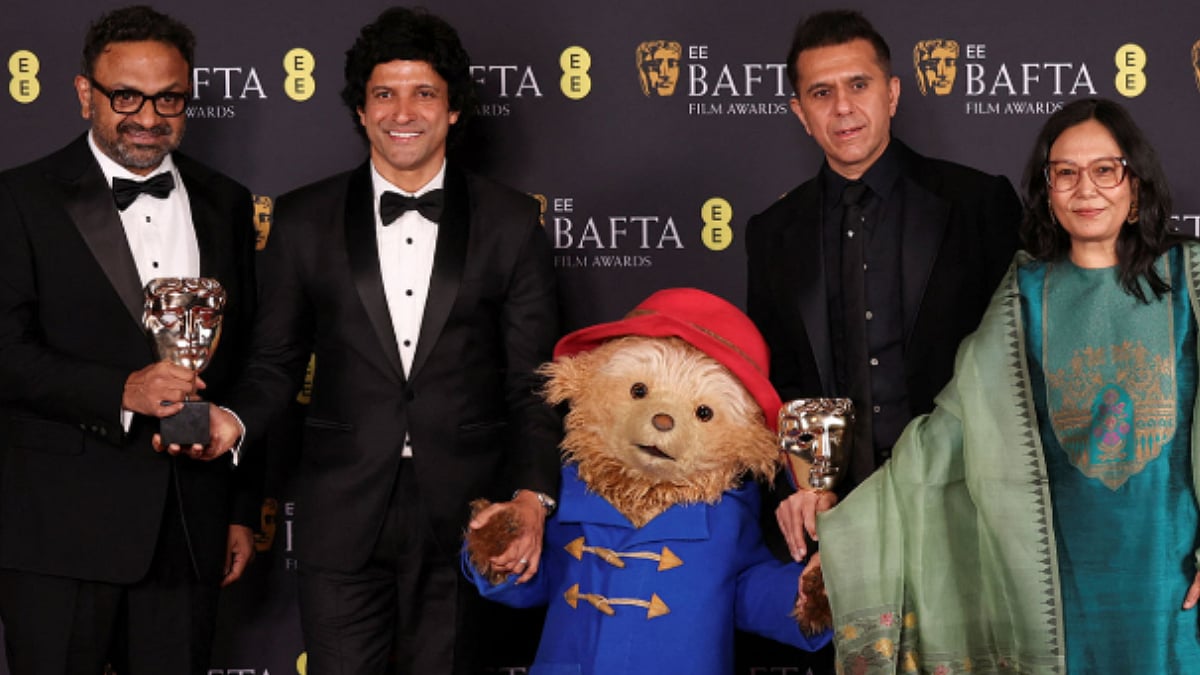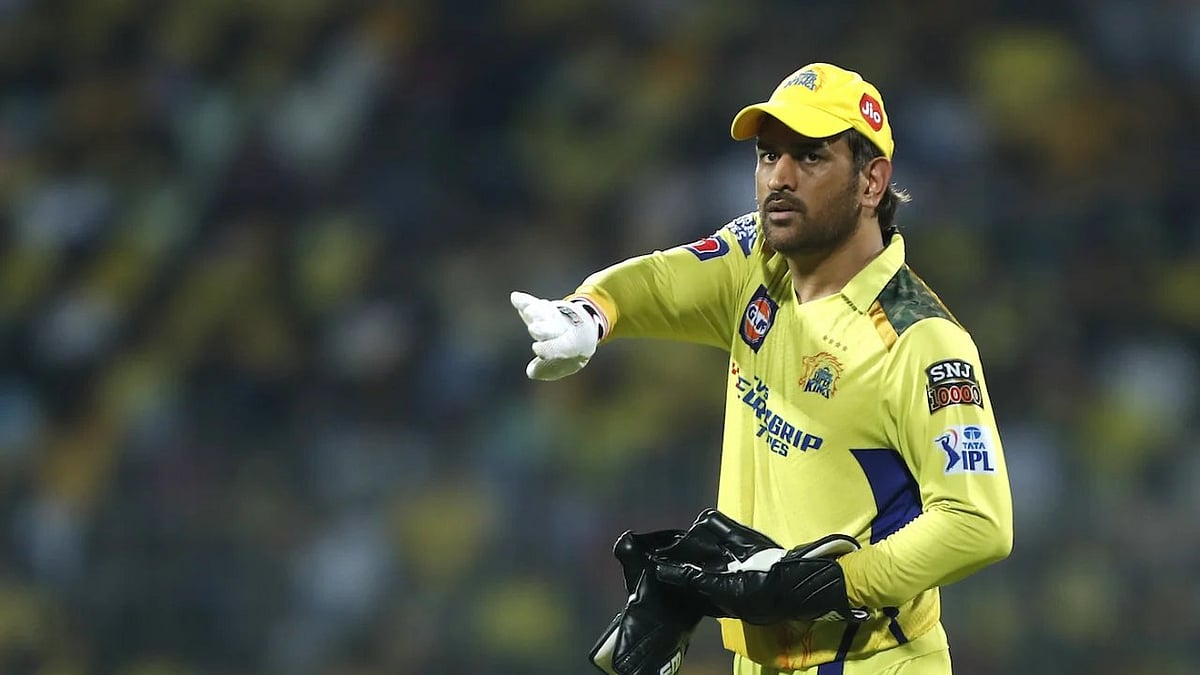No Indian is oblivious to the mob lynching events, hate crimes targeting Muslims, Dalits and other marginalised people in the name of cow and the beef ban that started in 2015 post the BJP government assumed power in the centre as well as the majority of the states in 2014.
The events took the notice of many people and there was much written about it. But Shruti Ganapatye, a journalist, who was reporting stories on the events was baffled. Her stories, interviews, and first-hand accounts took a shape of the book 'Who Will bell The Cow?'. The book primarily answers the questions that the author herself brewed over the years, eventually making it relevant to every Indian — Why so much controversy over beef? Was beef really forbidden in the Hindu religion and why? When did cow protection become a movement? From where do these gau rakshaks suddenly come and who are they?
“It was just a small story for me. There were questions before me and I wanted answers. What went wrong and is beef eating really hurting religious sentiments? Whenever I would go to rural areas, I would speak to people attached to the cattle industry and slaughterhouse owners. The report and opinions they gave me were very different from the picture that was presented to us by the government while banning the beef in Maharashtra,” says Shruti, who tries to tell every possible story about the rise of cow politics in recent times.
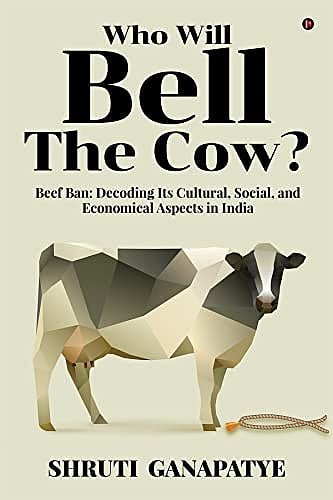
Tracing the genesis
The year 2014 was historic with a stupendous election victory for Narendra Modi's Bharatiya Janata Party transformed the political landscape of the world's largest democracy. Apart from many other things, Hindutva became a keyword with a saffron touch in every sector. The right-wing was winning everywhere, while the opposition was fading behind the frenzy. It was the same time when the BJP-Shiv Sena government assumed power in the state. It was also the time when the BJP government wanted to pursue a complete ban on the slaughter of cow progeny — bulls and bullocks.
After several objections in 2015, the government approved the amendment creating huge unrest. Back home, the Maharashtra government too went ahead with the amendment under the State Animal Prevention Act 1976 despite the resistance from the traders and slaughterhouses. What followed was 'No Beef' boards displayed on restaurants and slaughter shops — the cheapest protein source for many poor including Dalit and Hindu communities, was seized. In the same year, the first case of mob lynching took place in Uttar Pradesh followed by many such horrifying incidences in many states across the country in the name of the cow. And for the next few years, the headlines continued to be dominated by hate crimes and cow-related crimes.
These are some of the important points highlighted by Shruti in her book, where she looks at food in a bigger social and cultural perspective.
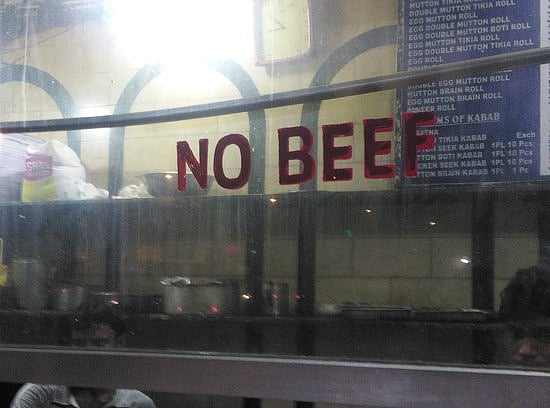
“My journey started with general information stories but subsequently my interest grew and then there was mob lynching which came up in a big way and shook everyone about what was happening in the country. Nobody was arrested, punished or held responsible. Right-wing came forward and took responsibility that they did it but there was no action against them. That really surprised me the most. Banning beef can be a government decision but why is this cruelty against people and there’s no action? This all pushed me to gather more details and write about it,” says the author.
Combining facts with the false narrative
To answer the many questions, the book 'Who Will Bell The Cow?' connects history with the present, making sense of ongoing violence in the name of the cow and beef ban. It uncovers the sacred layers around the cow to show the real motive behind the movement. “I needed to understand the past that if Hindus were eating beef or not and why there's a debate and if that debate was there at that time as well. And why Hindus and the upper cast stopped eating beef," she says.
While reading history Shruti says, she did come across this pattern of violence in the past as well. "There are so many similarities between the past and present. I wanted to write about the religious angle of food ban,” Shruti says adding that, in her view, “Food ban is not religious because every religion forbids some specific food, so it is political.”
With intense research and data collection through interviews, field visits and 90 RTIs, Shruti took about five years to complete the book. “When I connected history to the present events, it answered most of my questions,” she clears. Being a full-time journalist, reading was a gift that came with her job, however, shaping her research into a book was a challenge when there were daily deadlines to meet. However, the COVID-19 lockdown proved a blessing in disguise for her.
“I would put national Google alerts so that I get updates about the subject and stay aware. During the lockdown when we were being arrested at home, I was able to finalise my chapters and give the book a shape,” she shares.
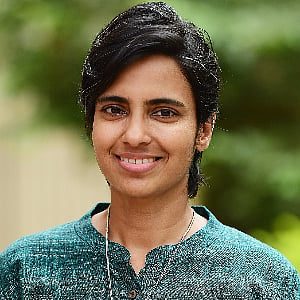
Finding alternates
But this wasn't it. Just like any debut author, Shruti too struggled with publishing her finished draft, not to mention the controversial subject line. And when she self-published the book, her social media is abuzz with many condemning the book basis on the subject line.
“There's still criticism on social media. But as a journalist, it's your job to write what you are seeing and what first account information you have. It may be inconvenient for many people. I took six months to write the book after all the years of research. But I took eight months to publish because every publisher declined it. The apprehensions are still there but I have been doing this for years. One needs to tell the other side as well,” she says adding that finding an alternate platform to express yourself is important.
“It is painful not to be allowed to speak in a democratic space but we need to see an alternate platform and way to express ourselves. We have seen how so many journalists and activists are paying that price for speaking the truth,” she concludes.

